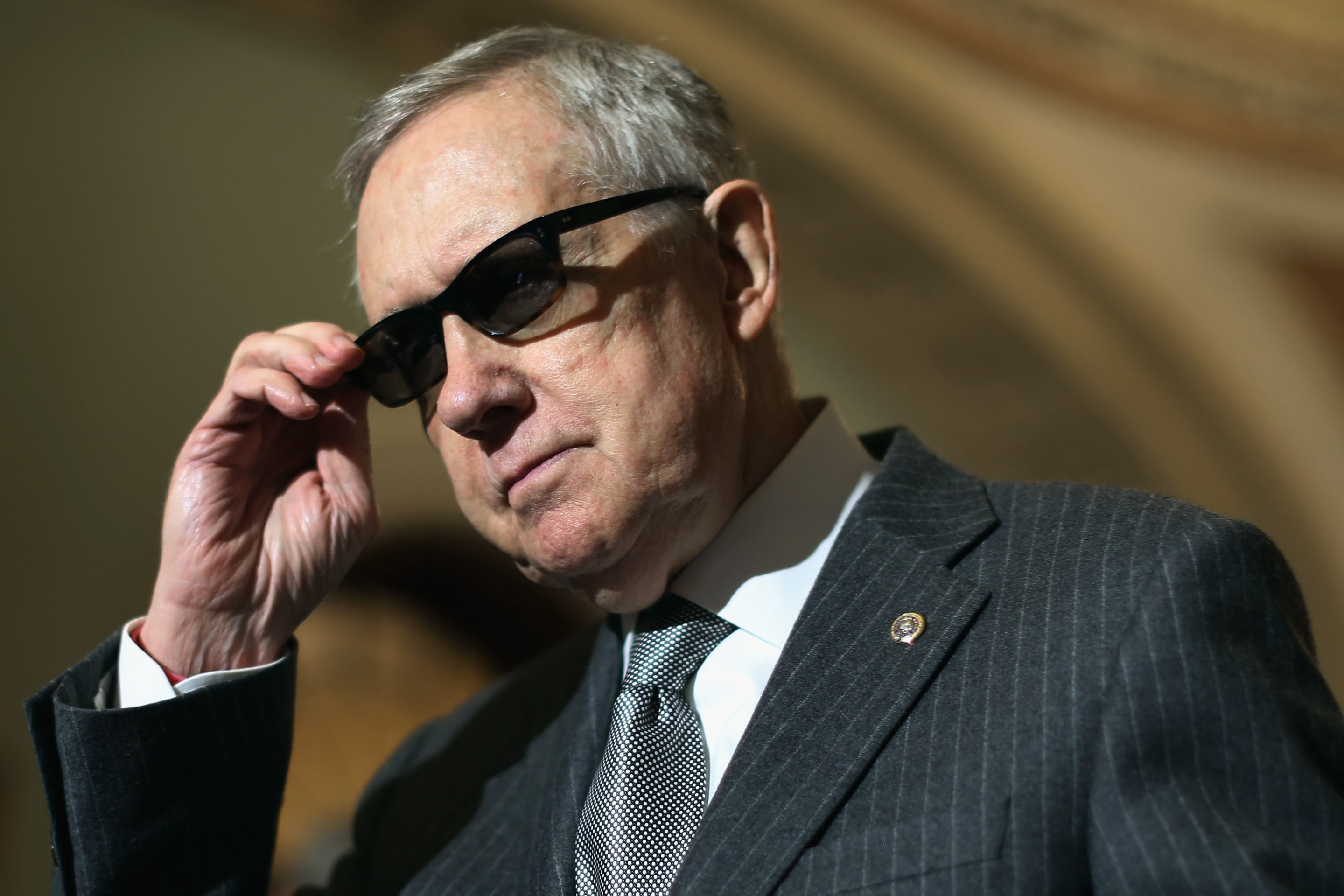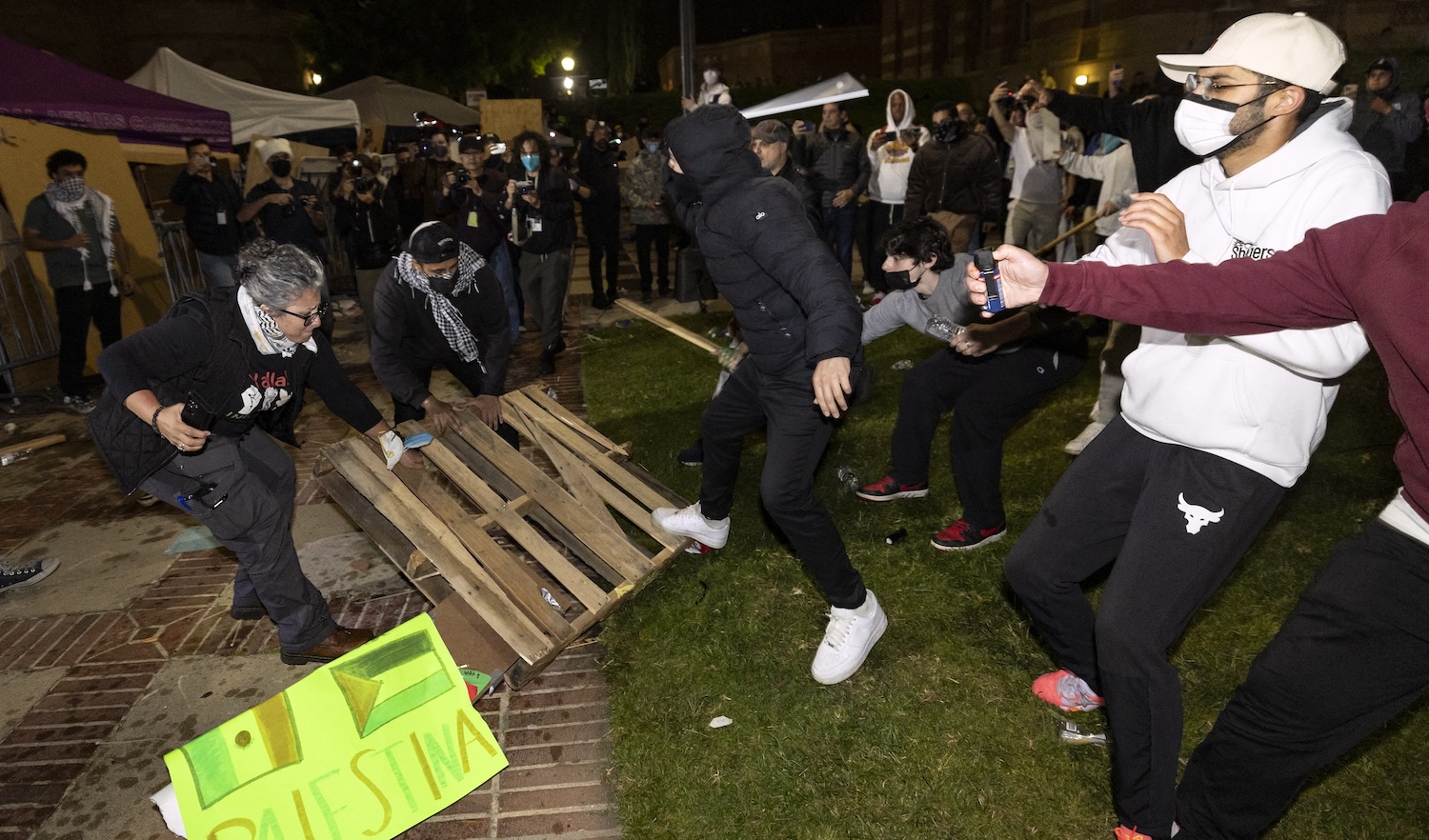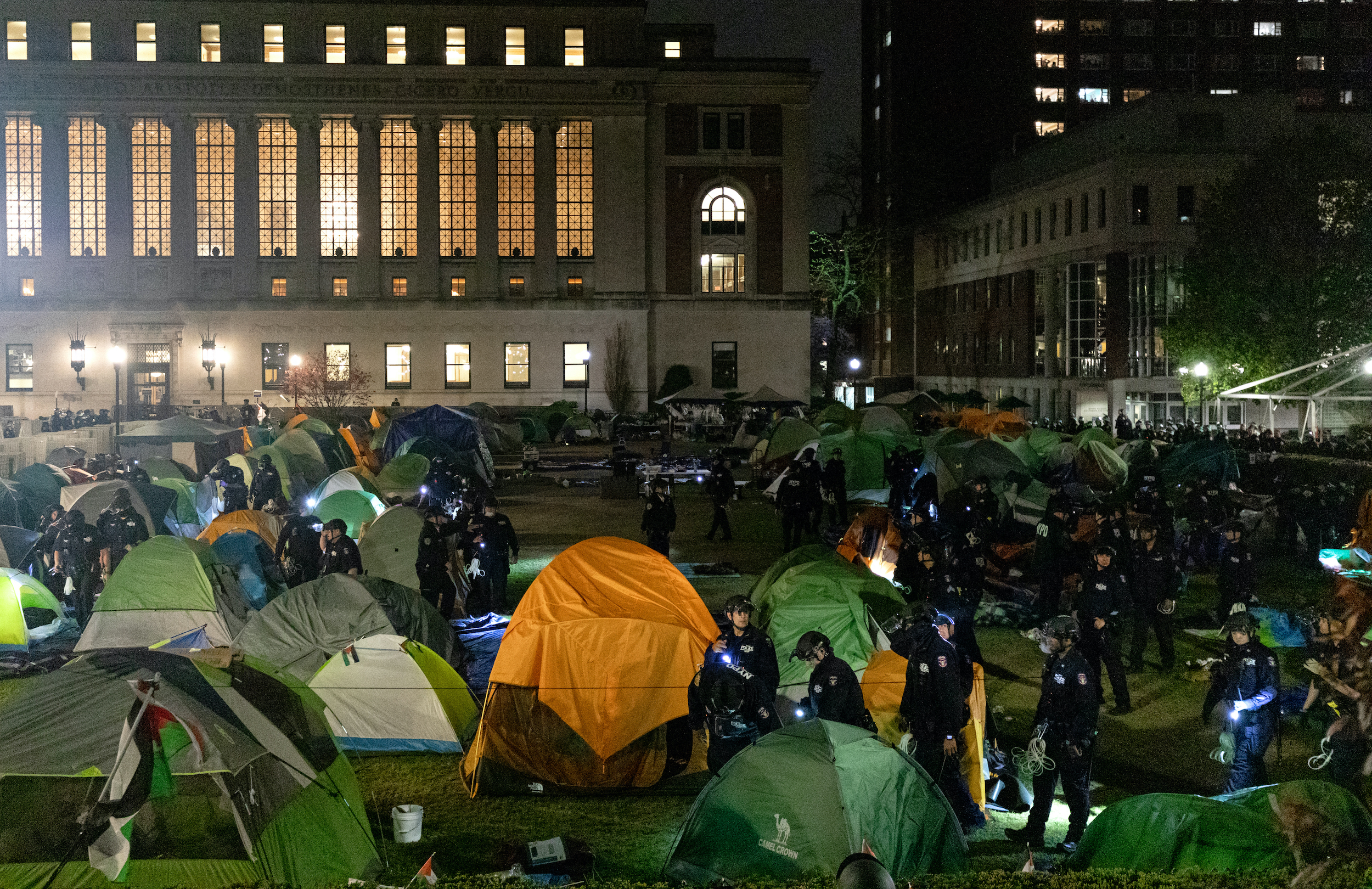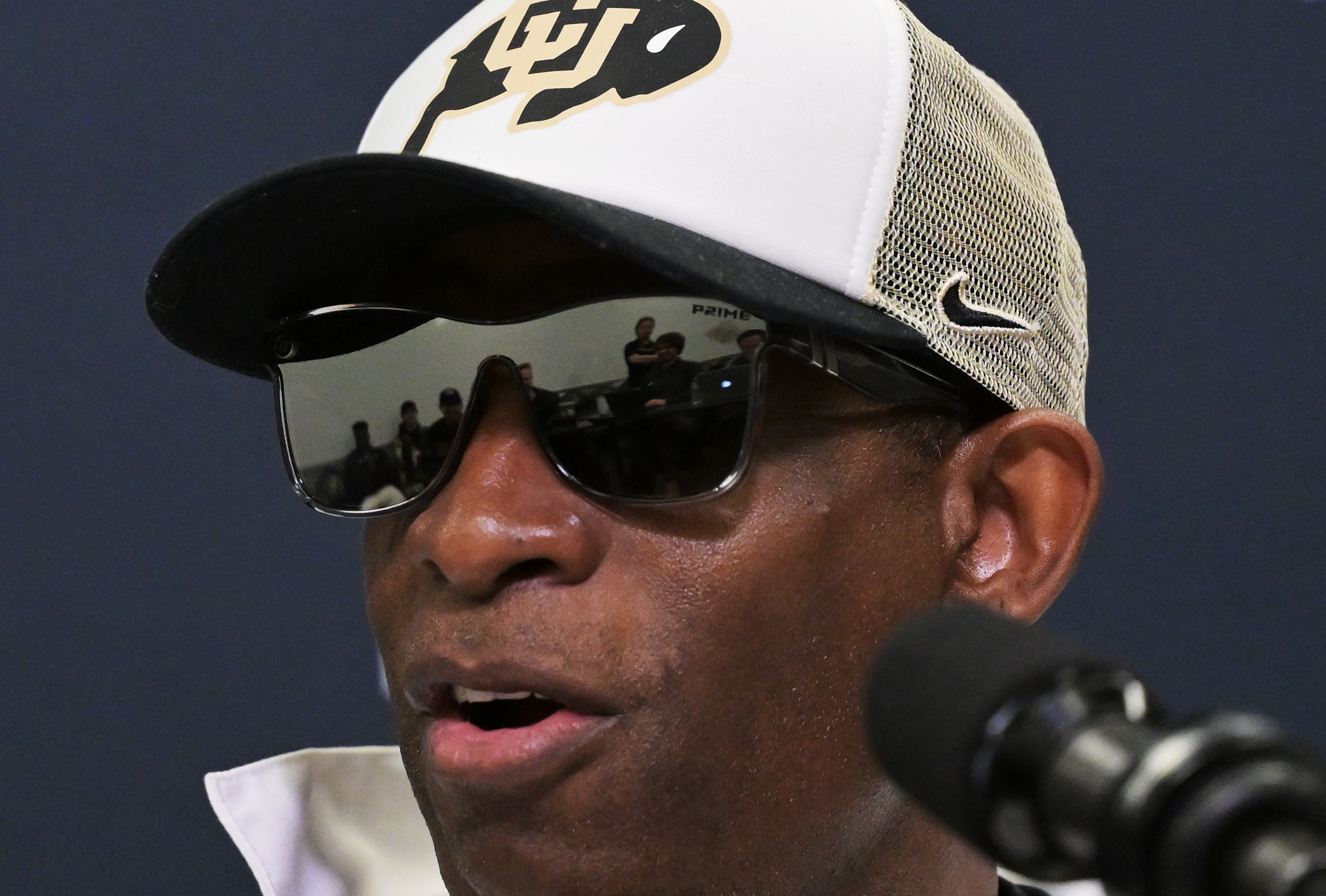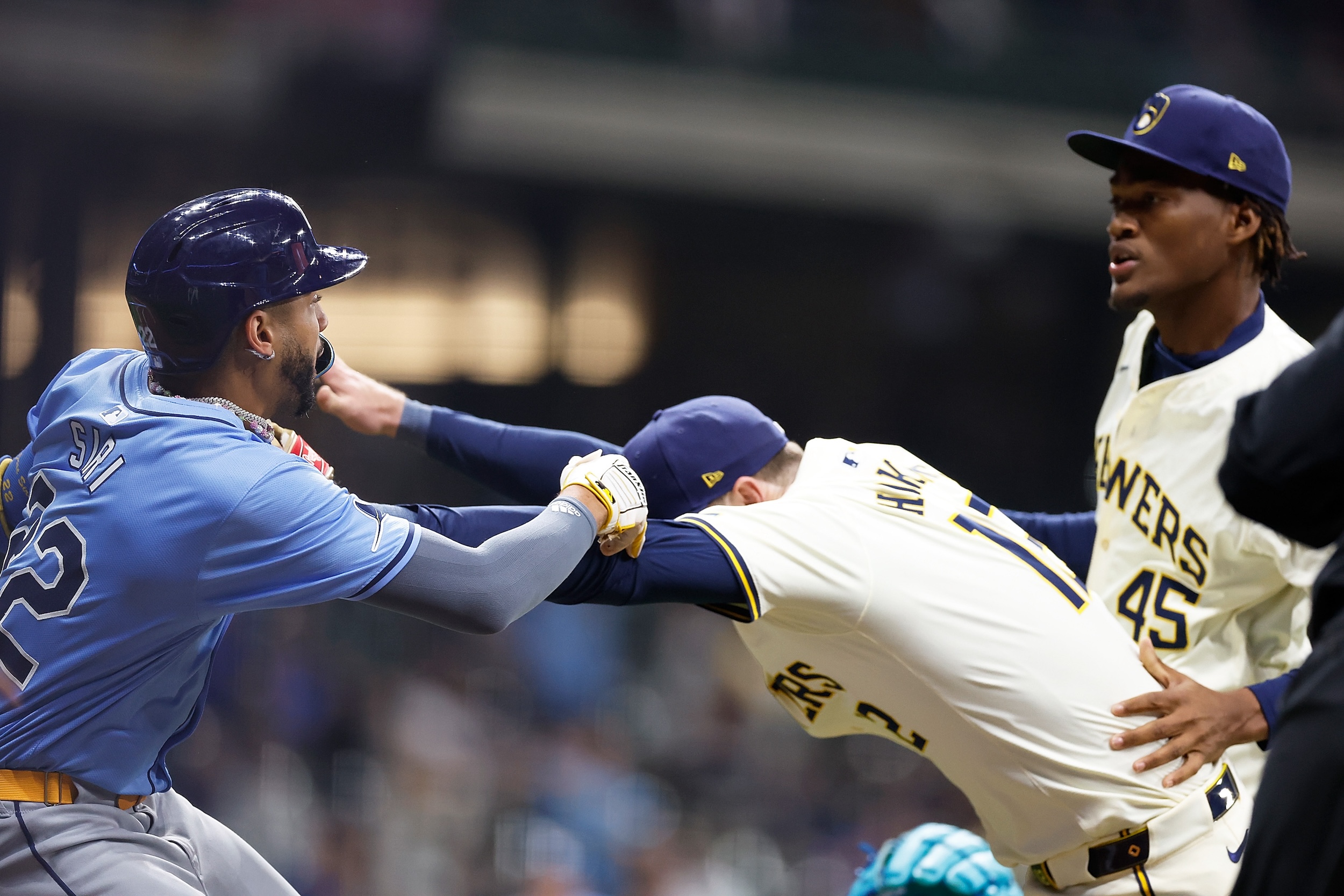A few years ago, I was assigned to write a profile of Tom DeLonge, former singer of Blink-182 and current alien evangelist, for The Fader. I have always, since childhood, been afraid of aliens. I have no curiosity, only fear. I am easily spooked by the idea of creatures like us but not quite. I am terrified by the recent knowledge I have acquired that if a civilization like ours existed right now, with the same technology we have, they could perhaps see that we existed, but at such a distance that they wouldn't know that we had evolved yet. But I accepted the assignment because it seemed so silly. This would not make me afraid, I presumed. This was just the lead singer of a rock band using his money on his hobby. I didn't have to believe people had interacted with aliens because of it. I didn't even have to believe aliens existed.
And then I spoke to Harry Reid, the former United States senator from Nevada who died yesterday at the age of 82.
This was October 2017, two months before The New York Times published an article about the $22 million secret Pentagon budget for finding UFOs, made mainly at the request of Senator Harry Reid. I did not know any of this. I was up to my eyeballs in facts about Tom DeLonge and how he'd poached Pentagon officials to join his project, but knew nothing about actual programs for discovering UFOs in this country. In fact, the only reason I called Reid is because I live in D.C. and have a few friends who are political reporters, and when they heard I was working on this story they sent me his cell phone number.
Reid had already retired by then. I called his number on a Tuesday and he answered. He was flustered. He was golfing. I introduced myself. "What's a Fader?" he asked. I told him it was a culture magazine and what I was working on and he said, "OK, I'm busy at the moment but this I want to talk about." And then he hung up. Weird.
A few hours later, he called me back. "I'm ready," he said. I, personally, was barely ready. I had expected that it would take days to get a former Senate Majority leader on the phone. But I scrambled and asked him my questions, and he was unbelievably game. He gave me the nice little quote I needed (“I think it’s remarkable that he’s gotten this team together. They’re all scientists with deep experience"). I was happy.
Now, I could ask my fun questions. Why had he invested time in this? What was his relationship with DeLonge? Did he spend his free time learning about UFOs? Most importantly: Did he believe in aliens? Absolutely, he said. But he turned the question on me, "Do you believe in aliens?" he asked. I stumbled. Listening to the audio of this call is torture, a full 45 seconds of me fumbling over how to say no.
He laughed. "You will," he said very quietly, and then he said he had to go and he hung up.
I sat at my desk, eyes wide, terrified. When I heard last night that Harry Reid had died, I didn't think about his decades of public service, or his fight to pass the Affordable Care Act, or how softly he spoke. I thought about that laugh, his certainty. "You will."
Later, after The New York Times investigation, I would learn that Reid joined a group of people interested in UFOs at the age of 55. He was, at the time, a second-term democratic senator with dreams of become party leadership. It was a dangerous move to listen to people talk about UFOs all day, and everyone told Reid as much.
“I had my staff, I had lots of people who said: ‘You are going to get yourself in trouble, stay the hell away from that,’” Reid told Politico's Bryan Bender. “A lot of people said it would ruin my career.” He must have believed them, because he told the group's leader that his inclusion had to remain private. And somehow, for decades, it did.
I learned that Reid spearheaded the fight to fund a program to research UFOs, that that program dissolved and now exists as the Unidentified Aerial Phenomenon Task Force. He believed we were in the infancy of our knowledge about UFOs. He wrote a whole dang op-ed for The New York Times about how deeply he believed and why.
In it he wrote, "I have never intended to prove that life beyond Earth exists. But if science proves that it does, I have no problem with that. Because the more I learn, the more I realize that there’s still so much I don’t know."
When the government report on the findings of the Pentagon's task force to investigate 143 unidentified aerial phenomena over two decades was released earlier this year, they didn't rule out the possibility of aliens. All of the attention, all of the exposure of these programs, all of the public outcry to take these finding seriously, Reid endorsed.
“I know that when I first got involved in this, people in the military were afraid to mention it for fear of it hurting their promotions. But now the Pentagon has told them they should report all these things that they see that are unusual. So we made a tremendous amount of progress.” Reid told Politico.
That's terrifying to me. I don't know if I believe in aliens, or if I even want to know whether or not they are real. I'll probably never have the certainty that Reid once promised me, but I admire how closely he held onto his, and how unafraid he was to share it with anyone who would listen.
If you liked this blog, please share it! Your referrals help Defector reach new readers, and those new readers always get a few free blogs before encountering our paywall.
Staff Writer
Read More:
Stay in touch
Sign up for our free newsletter
